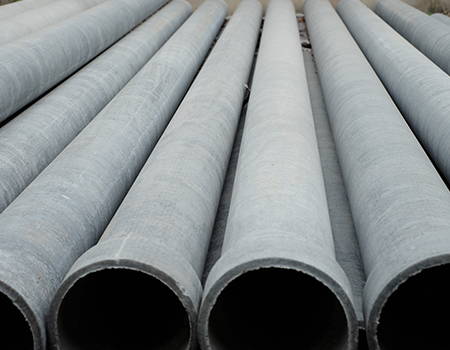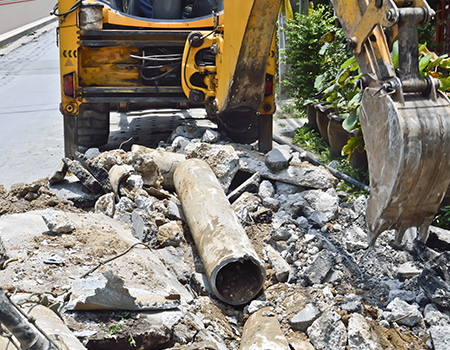Get A Free Legal Consultation
- We fight to maximize your results
- Many clients get results in as few as 90 days
- No out-of-pocket costs for you or your family



Pipefitters work in chemical plants, refineries, shipyards, power plants, steel mills, water treatment plants and a variety of other industrial facilities, installing and repairing pipes and piping systems. They cut, bend and join pipes to allow for the most efficient passage of high pressure liquids and gases.
Because asbestos resists corrosion and high temperatures, it was an ideal material for use in process piping. This put pipefitters at increased risk of asbestos exposure and later development of asbestos-related diseases such as mesothelioma.
If you or a loved one has mesothelioma, you may be eligible for compensation. Call (800) 326-8900 now to see if our mesothelioma attorneys can help your family. It costs nothing to speak with us.
Pipefitters often had to install asbestos cement pipe for sewer, water, or chemical piping. They may also have come in contact with asbestos gaskets and packing for industrial valves, pumps and other process equipment.
As pipefitters regularly worked around other tradesmen, such as machinists, insulators, boiler makers, bricklayers, and other construction workers, they would likewise be exposed to asbestos containing products used by those workers, such as:


Refineries were a common work site where pipefitters could have experienced a high level of asbestos exposure. These plants are a maze of distillation plants, furnaces, reactor units, heat exchangers, tanks, boilers and cooling towers — all interwoven by a network of pipelines, valves, wires, ducts and pumps.
One enormous structure common to many refineries is a catalytic cracking unit, or “cat cracker,” which distills crude oil into gasoline using high temperature heat exchangers, boilers, heaters and pumps. For years, these structures were treated with high temperature resistant asbestos insulation, gaskets, packing material and other asbestos-building products.
Cat crackers and other refinery structures became especially dangerous worksites during routine maintenance shutdowns or “turnarounds,” when asbestos materials were torn out and disturbed, exposing workers, contractors,and even their family members through secondhand asbestos exposure.
Our mesothelioma law firm has recovered billions in verdicts and settlements on behalf of thousands of clients throughout the United States. One recent success story involved a $3 million verdict for a New York pipefitter’s family.
For more than a decade, Gerald Suttner was exposed to asbestos used in valves manufactured by the defendant, Crane Co. He worked as a pipefitter at the GM Powertrain Facility in Tonawanda, New York, for 36 years. Over the course of his career, from 1964 to 1979, his work included repairing Crane manufactured valves with asbestos gaskets and packing materials.
Suttner was diagnosed with pleural mesothelioma in October 2010 and passed twelve months later at the age of 77. After his death, Simmons Hanly Conroy attorneys Miles Epperson and Perry Browder, along with co-counsel, represented Suttner’s wife and daughter.
“The defendant’s use of asbestos and failure to warn workers and consumers of its dangers is inexcusable,” said Browder. “On behalf of Mr. Suttner’s family, we are proud to have won and held Crane responsible or its decision to use this lethal material in its products.”
Just like Gerald, all victims of asbestos-related diseases and their families have a right to be heard in the civil justice system.
If you or someone you love has been diagnosed with mesothelioma as a result of pipefitters’ asbestos exposure, please fill out the form below to schedule a free consultation with one of our experienced mesothelioma attorneys.